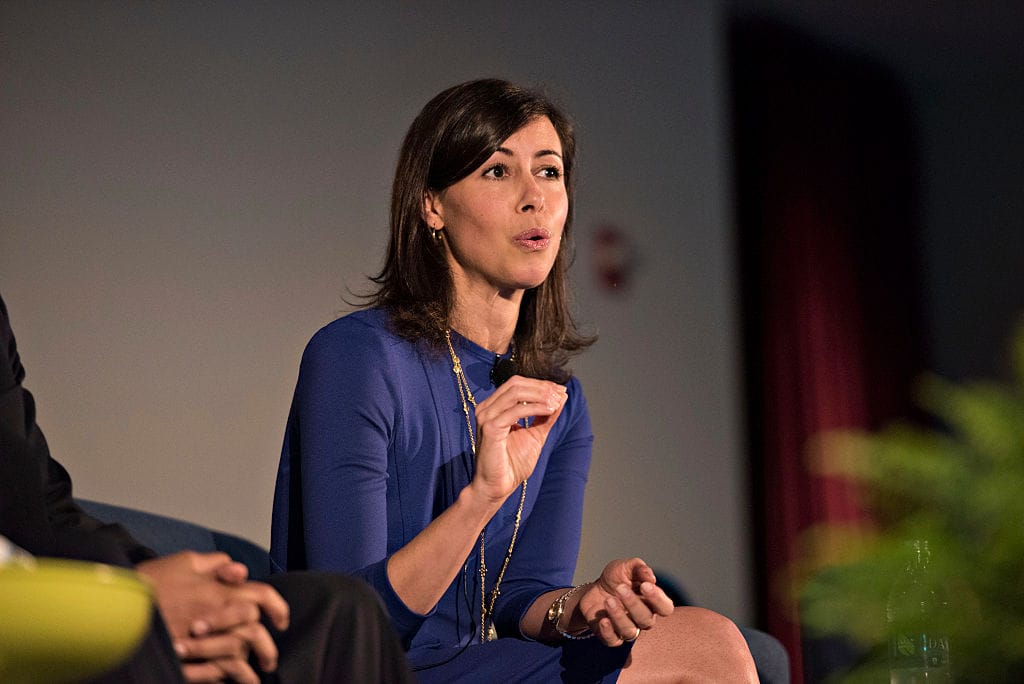FCC Watchdog Finds Evidence of Fraud in Emergency Broadband Benefit
Inspector General report finds “dozens” of cases of EBB abuse across the country.

Inspector General report finds “dozens” of cases of EBB abuse across the country.

WASHINGTON, November 24, 2021 – The watchdog that monitors fraud and abuse of Federal Communications Commission programs said it has found evidence that service providers are enrolling into the Emergency Broadband Benefit program more students than exist at some schools.
The Office of Inspector General said in a Monday report that service providers, who are reimbursed from the program for offering subsidized broadband services to schools, and their sales agents have been abusing the program by enrolling more “households that claimed they have a dependent child” than students “who are actually enrolled in those schools.”
The report found “dozens” of eligible schools across the country are overenrolled six months into the program. That includes schools in Alaska, Arizona, California, Colorado, New York and Florida.
The most “egregious examples” of such abuse, the OIG said, came out of Florida, with one example of a school that had enrolled 1884 households in the EBB program, when OIG research showed that “no more than 200 students attend” the school. Another school with 152 students had 1048 households enrolled in the program. The OIG said it will not disclose which schools to preserve its on-going investigation.
The report notes that additional households were blocked from enrolling in the program “by other program safeguards.”
“Evidence shows this is not consumer-driven fraud – enrollment data directly links certain providers and their sales agents to these enrollments,” the report said, adding the same sales agents who overenrolled students in the aforementioned schools also did the same in other state schools.
“Sales agents who work for just a handful of EBB providers are responsible for the majority of this fraudulent enrollment activity,” it added.
Other examples of abuse, the report said, includes failure to identify the dependent child, the repeated use of the provider retail address as the address of homes served, and more than 2000 EBB households were noted as being more than 50 miles from their schools.
“As EBB providers incentivize sales agents to maximize enrollments by providing commission-based compensation, many of the abuses that once plagued the FCC’s Lifeline program have reappeared in the EBB program,” the report concluded, adding these providers will be liable for violations.
“If providers discover enrollment problems, OIG reminds them of their obligation to take appropriate remedial measures,” the report added. “Providers who defraud FCC programs by violating program enrollment rules and claim support for those households will be held accountable and may be subject to civil or criminal sanctions.”
The $3.2-billion EBB program, which launched in May, provides a subsidy of $50 per month to eligible low-income households and $75 per month for those living on native tribal lands, as well as a one-time reimbursement on a device. The program has enrolled over five million households so far.
The FCC is currently asking the public for comment on how it should handle the program’s expansion into a permanent fixture as a result of the Infrastructure Investment and Jobs Act signed by President Joe Biden last week.

The aviation industry backed the FAA’s proposed rules.

Christine Harada also joins as newest commissioner, while current CPUC President Alice Reynolds steps down.

The agency acted based on concerns the China-based labs had ties to the Chinese government.

City says affordability remains primary barrier to internet adoption
Member discussion